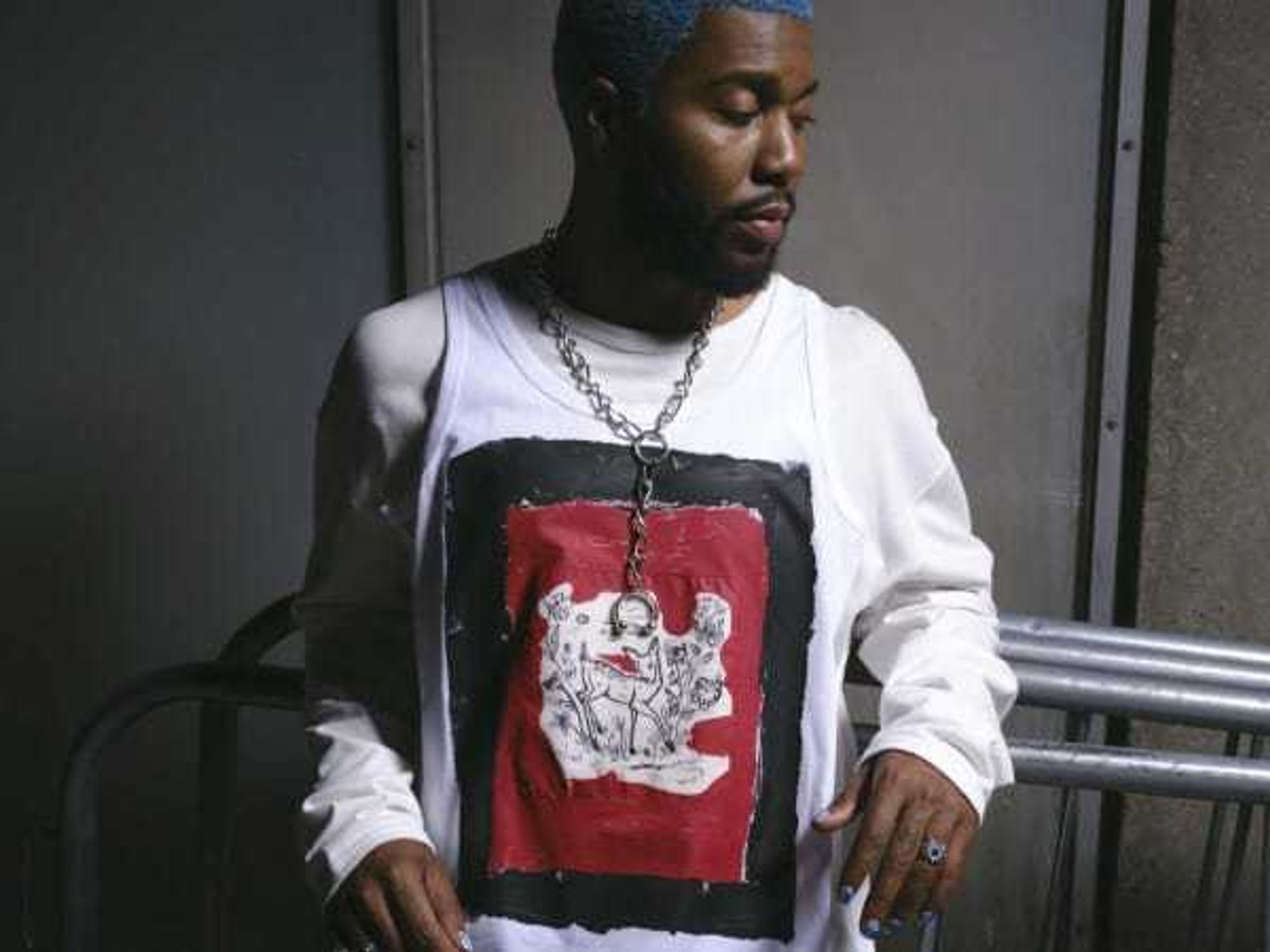The CultureMap Interview
Southern storyteller Fannie Flagg can't spell, but she sure has a way with words
If you watched TV in the '70s — or repeats on the Game Show channel now — how can you not be beguiled by Fannie Flagg?
For more than a decade, the actress/comedienne matched quips with Richard Dawson on the Match Game, where she tickled audiences with her quick wit. Her resume also includes co-hosting the original Candid Camera and movies (the 1970 classic Five Easy Pieces), before she quit acting to concentrate on writing. She has authored seven novels, including Fried Green Tomatoes at the Whistle Stop Cafe, which was made into the classic 1991 movie, Fried Green Tomatoes. Flagg's screenplay was nominated for an Oscar.
In advance of a Houston stop on Thursday night, to read from her new book, I Still Dream of You, at Brazos Bookstore, visit with dear friends like Nancy Ames and eat some good Tex-Mex, the Alabama native called from her home in Montecito, Calif., with some choice comments.
CultureMap: What is your new book about?
Fannie Flagg: It's about an ex-Miss Alabama who has fallen down on her luck and sells real estate, but she's desperate because there's no business. She comes up with a plan for the rest of her life. It doesn't work out and that's all I can tell you.
CM: Why did you set it in Birmingham?
FF: Because that's where I was raised. We always try to write about something that we know well. There's more to the city than people realize — just as anywhere. When I first went to New York in the late '60s, people were so mean. They said, 'I wouldn't live there if you paid me.' Now the South is full of Yankees.
People from the East Coast don't like people from Alabama or Texas. It's a built-in prejudice. But I've never met a Texan I didn't like. There are a lot of people from Texas where I live here in California. A lot of them have second homes here. I get to visit with them and they're really cute. The club up here has a Texas night. They bring in a Texas band. It's a lot of fun.
CM: What do people ask on the book tour (which has made stops in Alabama, Tennessee, Georgia, North Carolina and South Carolina)?
FF: There are three or four stock questions.
1) How did you come up with the idea for the book?
2) Did you really have as much fun on the Match Game as it looked?
3) And do you miss performing?
CM: And how do you answer them?
FF: 1) I have no idea.
2) On the Match Game, we all had as much fun as it looked.
3) No, I really don't (miss performing). On much of the book tour, I talk. It's almost like being in a production. I do get lonely writing by myself.
CM: It sounds almost like a one-woman show.
FF: It is. A lot of writers don't like book tours. I can't wait. I just love to get out and see people. The people who come to the book signing are so nice. I don't write political books where people come to scream at you. I'm lucky.
CM: If writing is lonely, why do you do it?
FF: When it's going well, it's so fabulous. It's like your own out-of-body experience. You just take yourself someplace else — unlike real life. You can control your people and make them do what you them to do and say what you want them to say. Real life can sometimes be kind of dreary. It's like a vacation to another place. You can create your own dreams.
I was an only child. I played by myself a lot. I made up stories. I think I'm still doing it.
CM: You are dyslexic yet you are a successful writer. What encouragement can you give to those with dyslexia?
FF: You have to realize your limitations, just as I did a long time ago. I came to terms that I will never be able to spell, so I had to learn not to get mad at myself. I can't spell but I can do a lot of things other people can't do. Everybody has something they can't do. I'm scared to write, yet I have no fear of standing up in front of 5,000 people and talk.
CM: You were born Patricia Neal. She was a famous actress. How did you come up with the name Fannie Flagg?
FF: When I was very young, I had to join (Actors') Equity and if someone already had the same name, they wouldn't let you take it. So I had to come up with another name really fast. My grandfather said take the name Fannie. A lot of comedians had that name (in his era). And another friend came up with the last name Flagg. People tend not to forget it and sometimes it's very funny.
But in England, that name is not considered funny. It's a very English name. When they review my books in England, they review them entirely differently.
CM: Why did you dedicate your latest book to your publicist, former Houstonian Jonni Hartman?
FF: When I first came to Houston — this was so many years ago I'm embarrassed to say how many — I met Jonni, who worked at a radio station. I liked her so much. We remained in contact and she became a really good friend to me. She and (daughters) Lisa and Terri are like family. She's been a good friend for so many years. When I'm depressed, I always call Jonni. She's always in a good mood.
